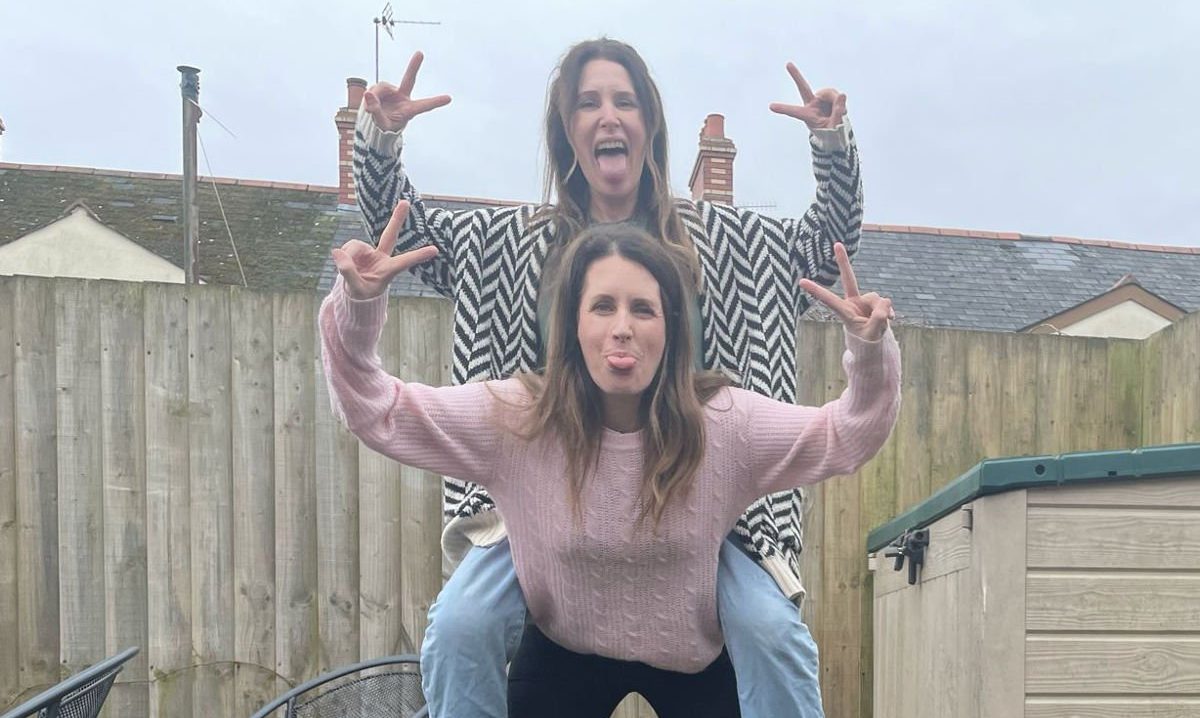
When we were both 15, my older sister and I saw our father physically confront his second wife when he found out she had once more concealed his bottle of whiskey.
It wasn't the first instance of her doing this, yet his fury that evening stood apart. Despite an intervening relative extracting us from the premises before further incidents occurred, the harm was already inflicted.
After she departed, leaving me without support, I began skipping my weekend visits.
By the time I turned 17, I noticed it had been several months since I last saw or communicated with him.
There wasn’t any sudden realization, no grand cinematic scene saying 'I never want to see you again.' Instead, there was an enduring sense of sorrow knowing that the man who was once labeled as ‘daddy’ continued his existence yet had become absent from my life.
As a child, I wasn't aware that my upbringing differed from that of those around me.
The lengthy weekend afternoons enjoyed in the garden of pubs Following late nights at his friend's place, where he would gradually become increasingly intoxicated, was routine. It was common for us to be told to go to sleep regardless of our location, only to be roused in the dead of night to make our way back home.
There was also the emotional maltreatment. Hearing things like children ought to be visible but not audible, wishing we had been sons instead, and being called fat and ugly are certainly not messages that young minds should ever receive.
When phrases and behaviors of this kind Are an integral part of who you are, you believe it’s acceptable, which is why we never thought to bring it up with our caring mother.
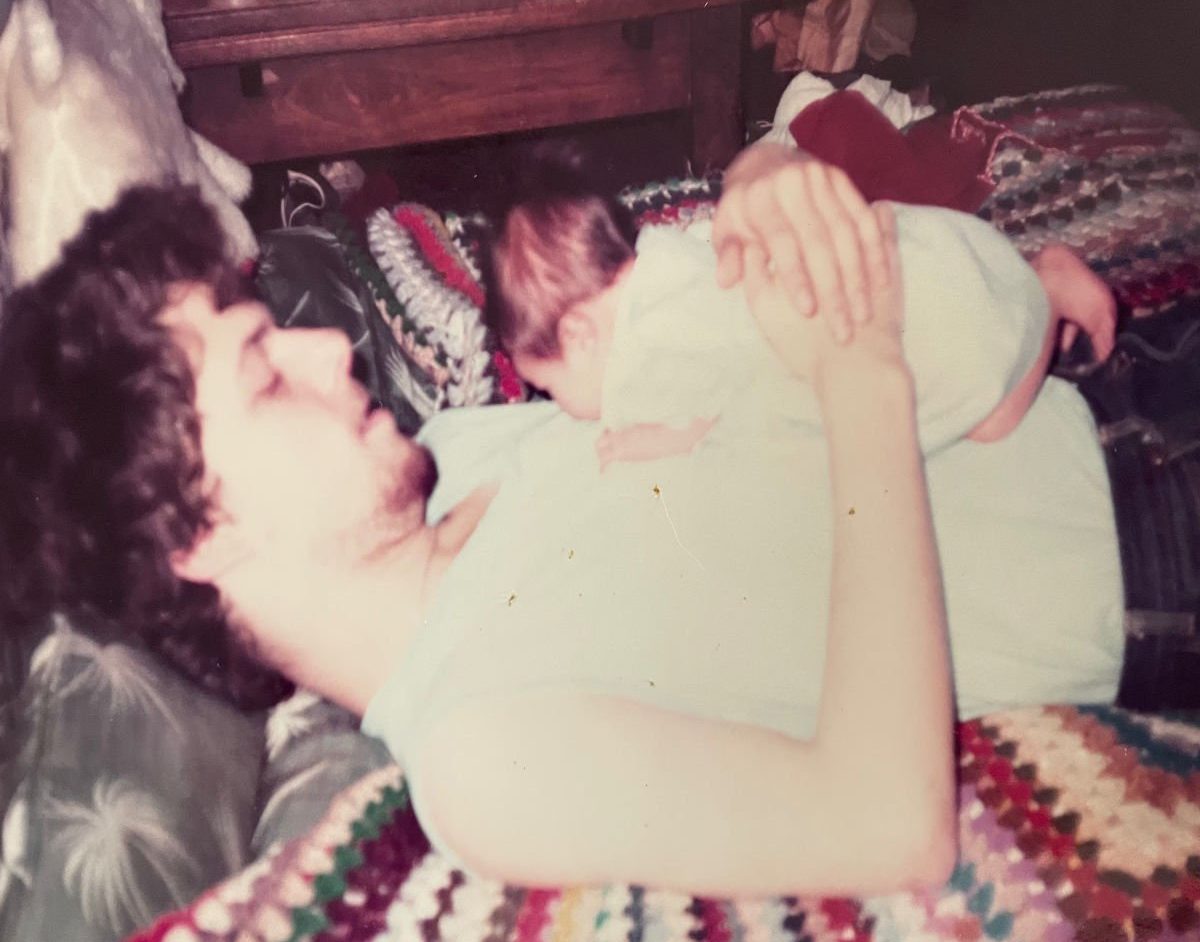
When I was merely an infant, they went their separate ways. With a shared parenting plan, he got us every weekend. Perhaps he believed he could maintain his unrestricted lifestyle despite having children around.
As a parent now myself, I am certain that if she had been aware of everything we were seeing and going through, she would have stopped all communication right away and protected us from being around him.
In spite of all else, there were brief instances where a loving father could be seen.
The father who would let us dance on his shoes, showed us how to prepare meals, and always had jokes that made our stomachs ache from laughter. I held onto those memories tightly, praying that they would prevail, and they came close to doing so.
The most disciplined period of his life was during his time in London. Getting married to his second wife marked a fresh start – I recall being impressed by the croquembouche he crafted entirely from scratch for their wedding cake.
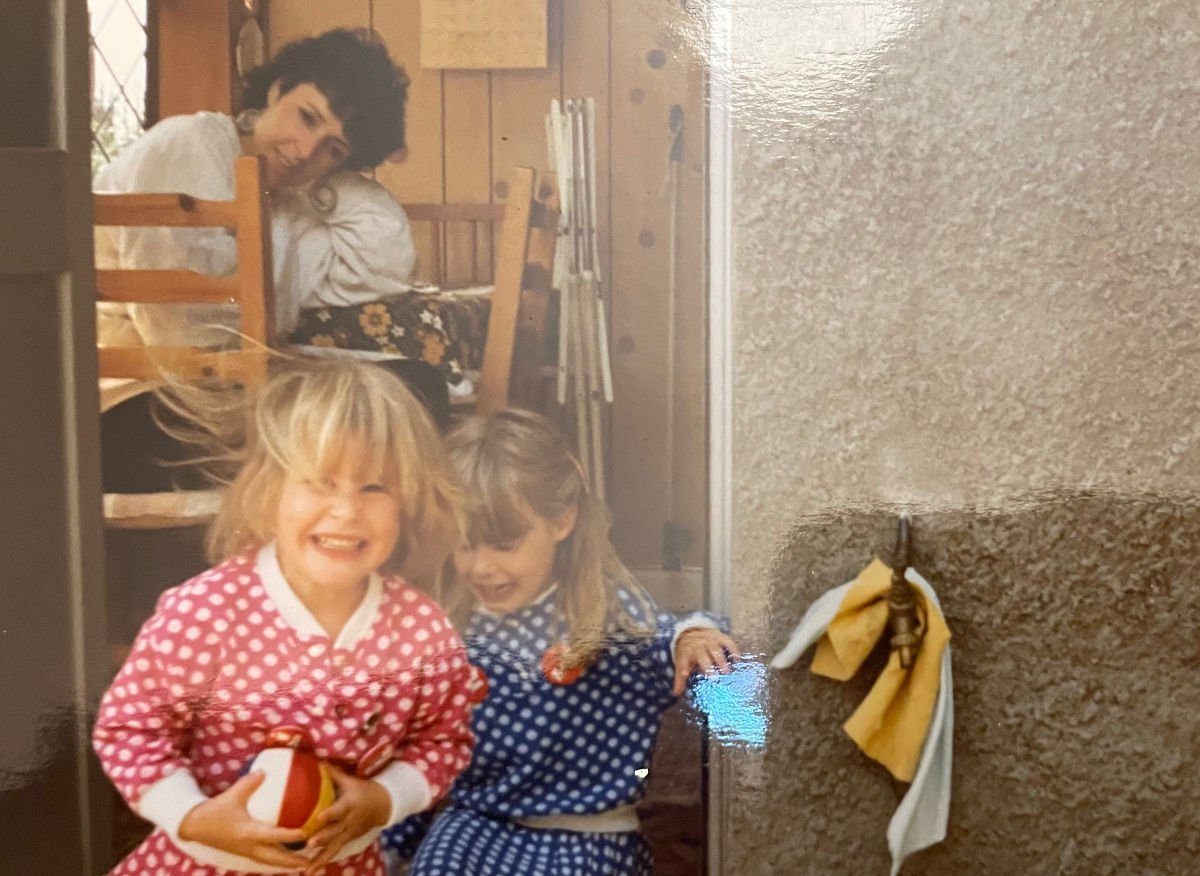
Degrees of Separation
This collection seeks to provide a detailed exploration of family alienation.
Estrangement doesn't follow a one-size-fits-all model, and our aim is to provide an outlet for those who have experienced it firsthand.
If you have personal experience with estrangement and wish to share your story, feel free to send an email. jess.austin@.co.uk
The recollection of that summertime filled with cherished moments—exploring the Tower of London, browsing through shops on Oxford Street, and languishing for hours in the sunlit garden—served as a reminder that once upon a time, there existed a fleeting sense of normalcy.
The situation worsened once they relocated to a tiny community in Wales. The urge proved overpowering, and ultimately alcohol took control. Witnessing my father's rage erupt into violent action made me feel nauseous, as it suddenly dawned on me just how severe his issue had become.
Before I realized it, five years slipped away without any communication. At the age of 20, driven by desperation to reclaim what we once had, I made an attempt at reaching out, hoping he might be willing to mend our bond and start anew.
Rather than receiving anything substantial, I got just an insubstantial “I have your number now; I’ll stay in touch.” The implication of being turned away without recourse lingered silently, making it evident that reversing this decision would be impossible.
In 2019, my sister took the call we had always dreaded. Our paternal aunt tracked her down on social media, and called to tell her that dad had died alone, on his sofa.
I couldn't fathom the emotions my elder sibling went through when sharing this information with me. Initially, I felt completely detached. I wished for a manual to help navigate my feelings.
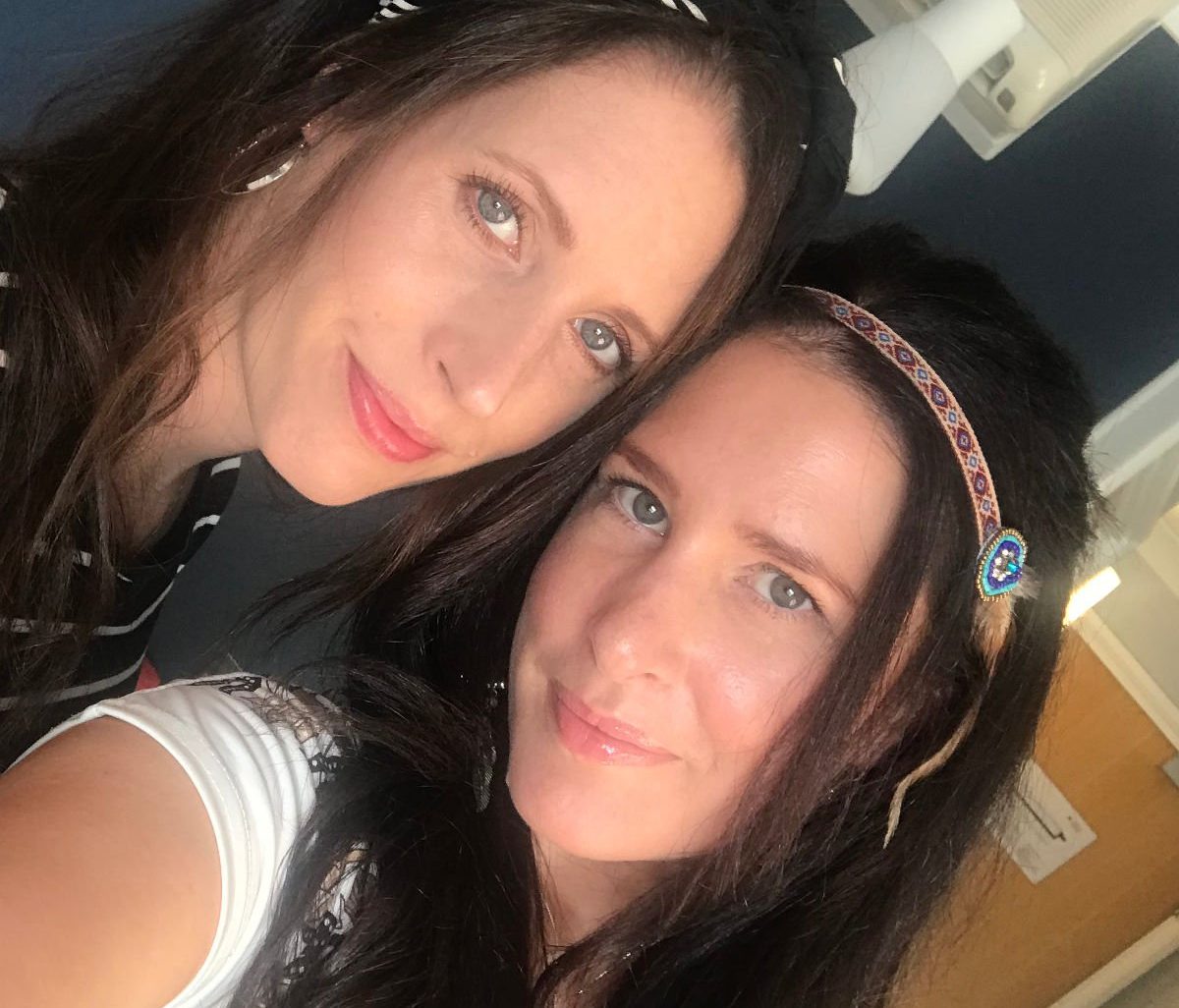
It took a few days for it to sink in. When I realized, at 34 years old, that I didn't have a father anymore.
He didn't get a funeral; he passed away solitary and would be buried solo, a choice that remains perplexing to me, though it wasn’t mine to influence. Had there been a service, I am certain I would have agonized over attending.
When a distant parent passes away There is an intense feeling of sorrow, coupled with an unexpected surge of relief. Even though the possibility of reconciliation has been forever removed, the weight of anxiety about potentially running into each other has lifted.
Next comes the feeling of guilt. Did I forsake him when he needed me most? If I hadn’t decided to cut off all contact, might he have overcome his struggle with alcoholism? Could seeing his grandchildren have motivated him to change his ways?
The final query remains, yet whenever I waver about my choice to exclude him from our lives, I recall the emotions I experienced during my childhood and how those feelings persist into adulthood.
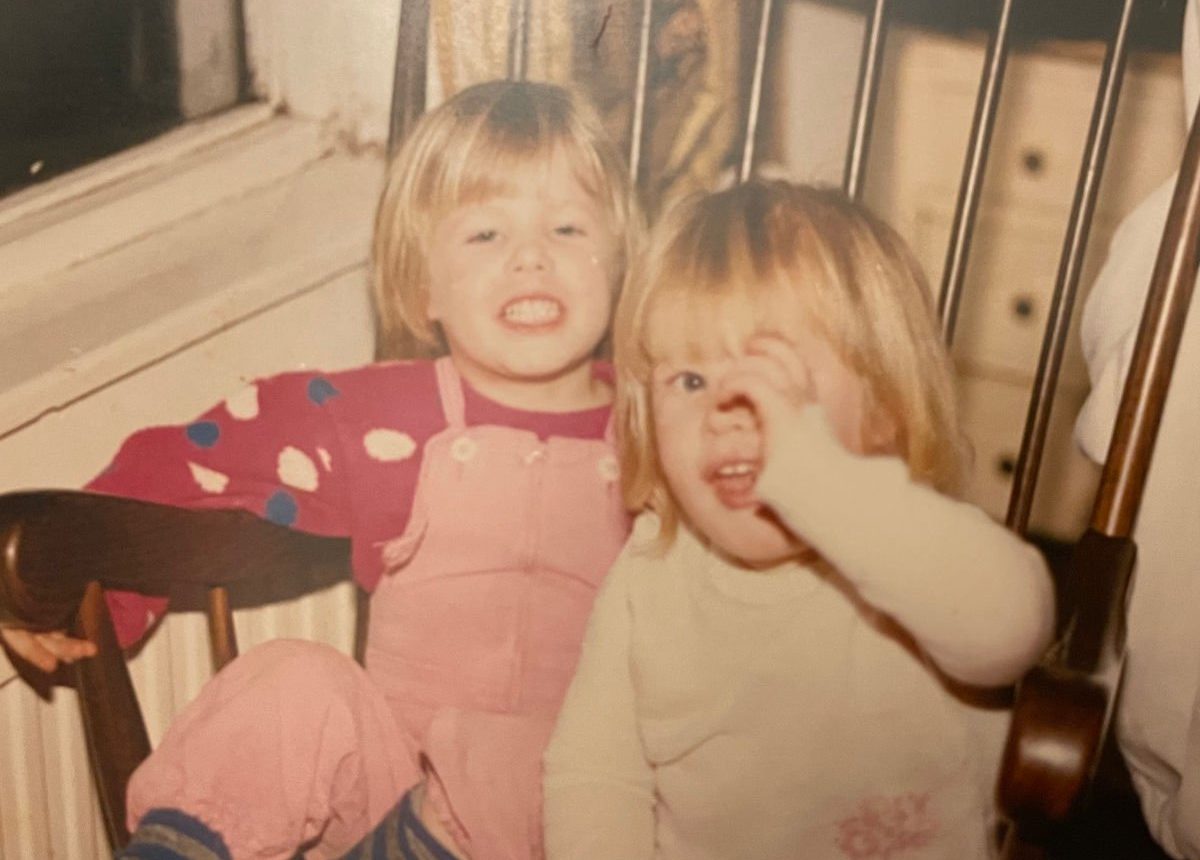
Low self-esteem, anxiety, and the constant doubt whispering that you're not sufficient make me realize that I could never have exposed my kids to such turmoil.
Instead, My detachment from him influenced my approach to parenting. The lost years motivated me to disrupt his pattern and raise my children differently. I approach parenting with gentleness, nurturance, and active listening. I ensure they feel secure, cherished, and valued.
When they mention him, I proceed with caution. Explaining alcoholism to kids is tough, but all I can really say is: 'His decisions didn\'t ensure my safety, so I decided to look after myself.'
Not long ago, my six-year-old child queried, “Do you miss him?” I was taken aback by this query, yet oddly enough, my response affirmed that I did indeed feel a sense of missing them.
I long for my father; not as he appeared in his most troubled times, but as he was during those infrequent moments of tenderness.
I often find myself thinking about my father, yet over time, I've learned to release my doubts and embrace the moment at hand. The therapy sessions have played a crucial role in my recovery journey. They’ve allowed me to progress, acknowledge my history, and understand that his absence does not shape who I am.
Would you like to share your story? Reach out via email for collaboration. rosy.edwards@.co.uk .
Share your views in the comments below.
Subscribe to 's The Slice newsletter for your go-to resource on events in London, featuring reliable reviews, promotions, and contests.

Out Of Topic Show Konversi KodeHide Konversi Kode Show EmoticonHide Emoticon